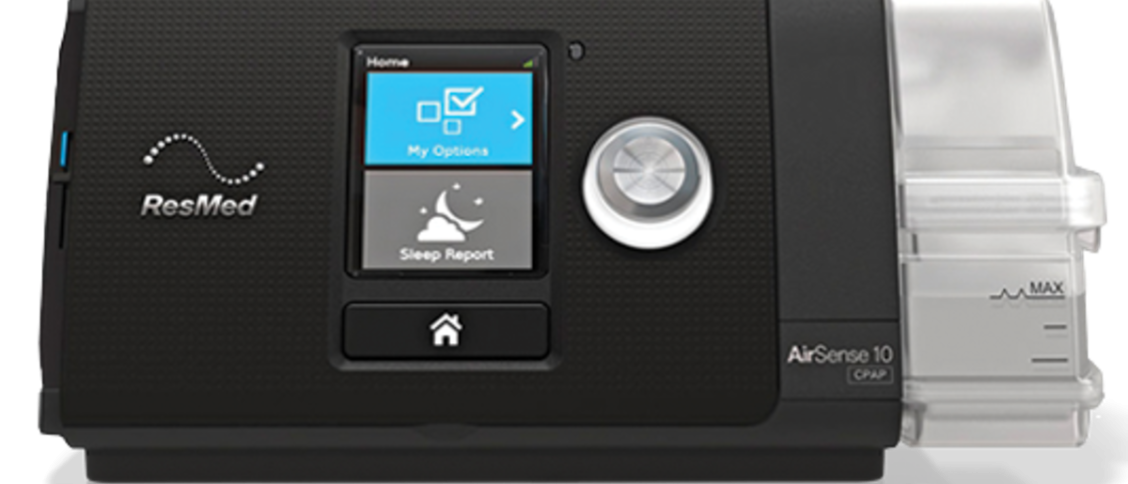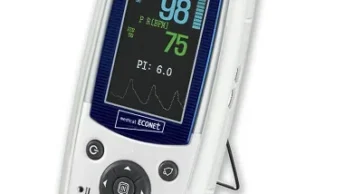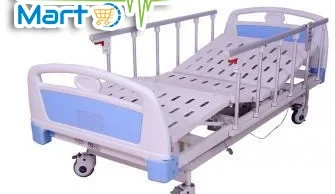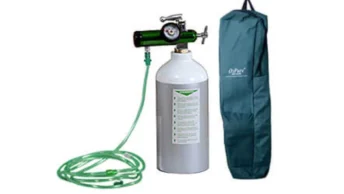Continuous Positive Airway Pressure (CPAP) therapy is commonly prescribed for individuals with sleep-related breathing disorders, primarily obstructive sleep apnea. Here are five reasons why a CPAP machine is used:
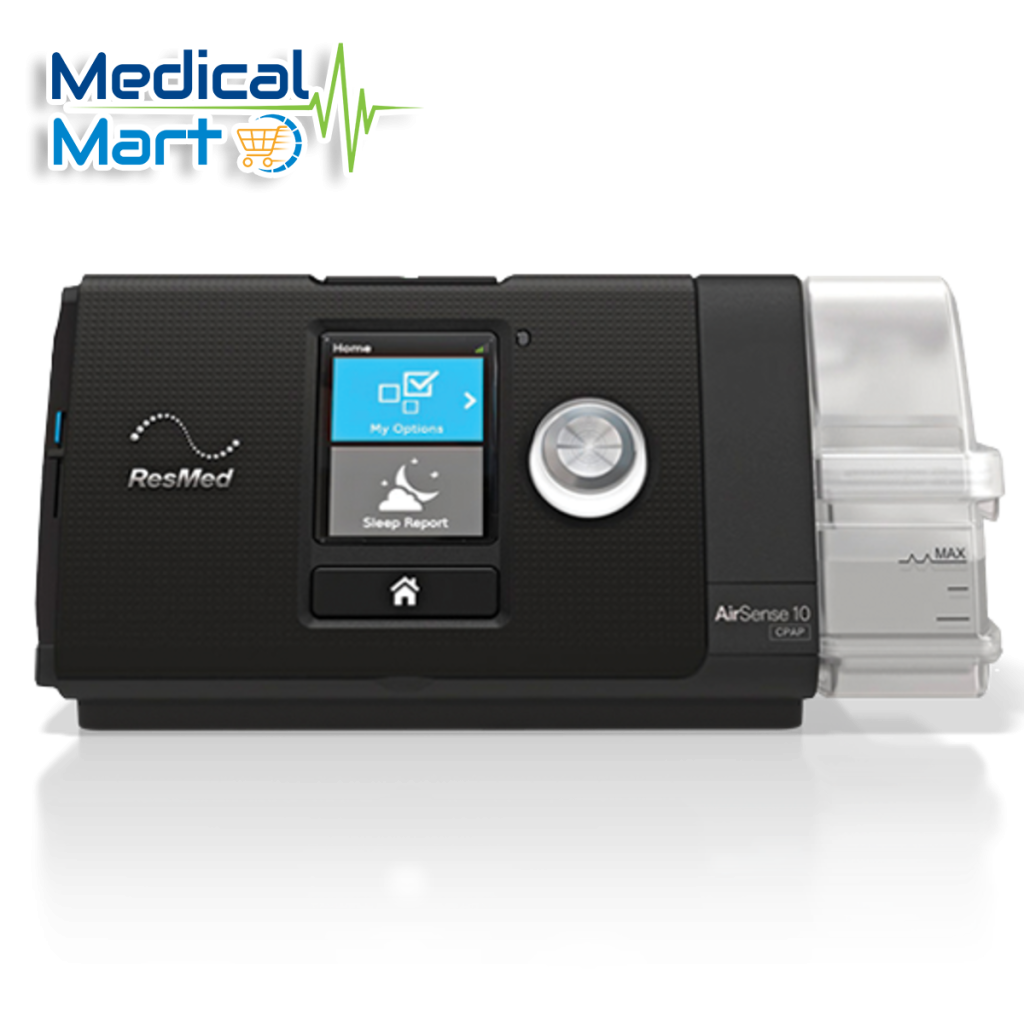
Treatment of Sleep Apnea: The primary indication for using a CPAP machine is to treat obstructive sleep apnea (OSA). OSA is a sleep disorder characterized by repeated interruptions in breathing during sleep due to the relaxation and collapse of the throat muscles. The CPAP machine delivers a continuous stream of pressurized air through a mask to keep the airway open, preventing these interruptions and allowing the individual to breathe normally throughout the night.
Improved Quality of Sleep: CPAP therapy can significantly improve the quality of sleep for individuals with sleep apnea. By ensuring a consistent flow of air, it helps maintain oxygen levels in the blood and prevents abrupt awakenings caused by breathing difficulties. This results in more restful and uninterrupted sleep, leading to increased daytime alertness and reduced daytime fatigue.
Reduced Health Risks: Untreated sleep apnea can lead to various health complications, including cardiovascular problems, hypertension (high blood pressure), diabetes, and stroke. Using a CPAP machine effectively treats sleep apnea, reducing the associated health risks. It can also improve overall cardiovascular health by stabilizing blood pressure and reducing the strain on the heart.
Enhanced Daytime Functioning: Individuals with untreated sleep apnea often experience excessive daytime sleepiness, impaired cognitive function, and a decreased ability to concentrate. CPAP therapy can help alleviate these symptoms, leading to improved cognitive function, increased productivity, and better overall daytime functioning.
Prevention of Snoring: Many individuals with sleep apnea also snore loudly, which can disrupt the sleep of both the affected individual and their bed partner. CPAP therapy not only treats sleep apnea but also reduces or eliminates snoring by maintaining the patency of the airway. This can lead to a more peaceful and restful sleeping environment for both the patient and their partner.
It’s important to note that CPAP therapy is typically prescribed by a healthcare provider after a sleep study and a diagnosis of sleep apnea. The appropriate pressure settings and mask type are determined based on the individual’s specific needs and comfort. Adherence to CPAP therapy and regular follow-up with a healthcare provider are essential to ensure its effectiveness in managing sleep apnea and improving overall well-being.

